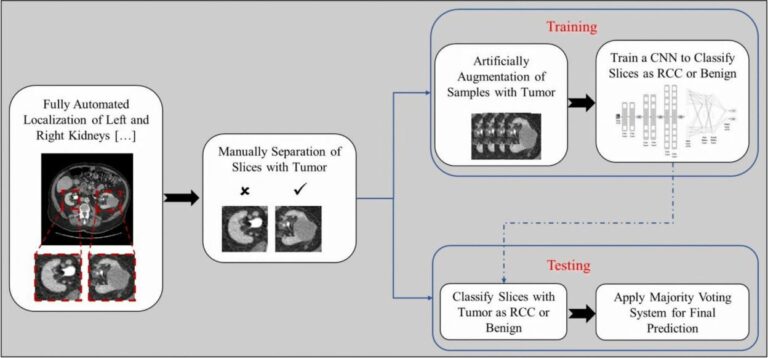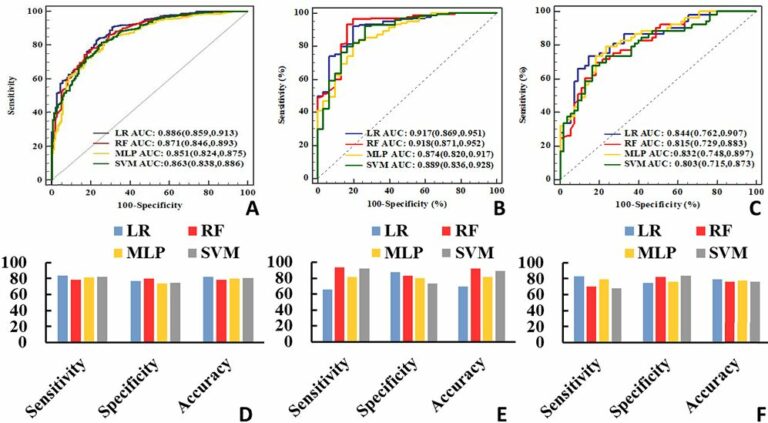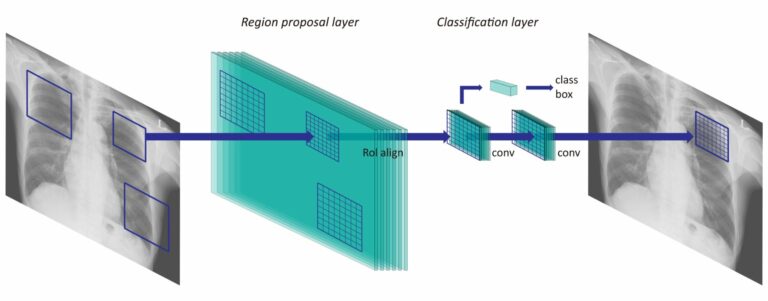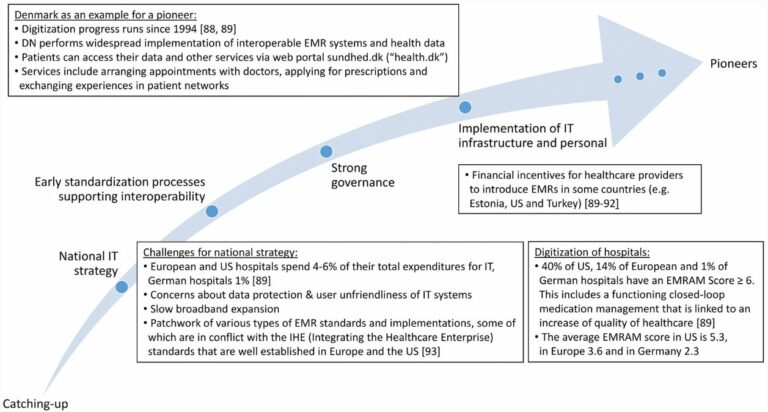
Deep learning for the determination of myometrial invasion depth and automatic lesion identification in endometrial cancer MR imaging
Endometrial cancer (EC) has the highest rate of malignancy in women in the entire world, including China, which has the largest population. Accurately staging EC prior to an invasive procedure still poses a challenge for clinicians. In the present study, we used more than five hundred EC patients’ MR images to train the computer to establish a deep learning diagnostic


















